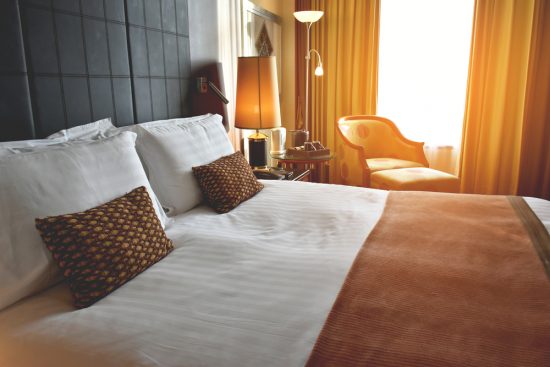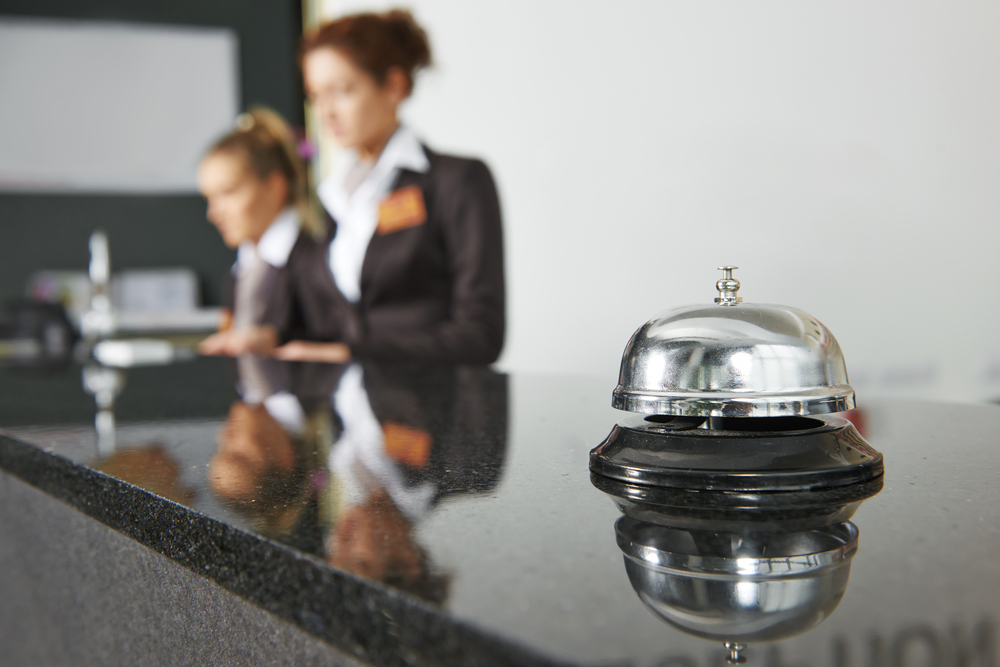The hospitality industry has always been at the forefront of innovation, constantly evolving to meet the needs and expectations of guests. As we move further into the 21st century, it is becoming increasingly clear that technology is set to play a major role in shaping the future of hotel design. From smart rooms to mobile check-in, hotels are beginning to embrace the latest technologies to create more personalised and seamless guest experiences.
One of the key benefits of smart technology in hotel design is its ability to enhance the guest experience. Smart rooms are becoming increasingly common, offering guests greater control over their environment. This includes features such as automated temperature control, lighting, and entertainment systems that can be controlled via smartphone or voice command. Guests can also use their smartphones to order room service, book spa appointments, and access other hotel amenities, making their stay more comfortable and convenient.
Another advantage of incorporating smart technology early in the hotel design process is improved efficiency. Smart systems can help to automate tasks such as housekeeping, maintenance, and security, freeing up staff to focus on delivering more personalised services. For example, smart sensors can detect when a room is vacant and automatically adjust the temperature and lighting to conserve energy, reducing costs for the hotel and creating a more sustainable operation.

As the hospitality industry becomes more competitive, hotels are also turning to smart technology as a way to differentiate themselves from their rivals. By offering a more sophisticated and technologically advanced experience, hotels can appeal to a wider range of guests, including tech-savvy millennials and business travellers. Smart technology can also help hotels to gather valuable data on guest behaviour and preferences, which can be used to tailor services and experiences to individual needs.
However, incorporating smart technology into hotel design is not without its challenges. One of the biggest obstacles is ensuring that the technology is easy to use and does not detract from the guest experience. Hotels must ensure that the technology is intuitive and user-friendly, and that staff are on hand to provide assistance if needed. There is also the risk of technology becoming outdated quickly, requiring hotels to continually invest in upgrades and replacements.

Despite these challenges, the future of hotel design is undoubtedly tied to the integration of smart technology. By embracing the latest advancements in artificial intelligence, machine learning, and the Internet of Things, hotels can create more personalised, efficient, and sustainable guest experiences. For hotel owners and operators, the message is clear: to stay ahead of the curve, involve smart technology early in the design process, and stay up-to-date with the latest trends and developments.
If you would like to discuss Alexa Smart Properties for Smart Living, please reach out to us here.
